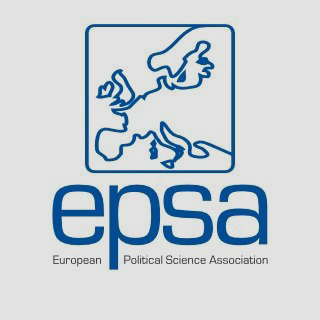Members of the DANGER project presented their research at the 12th Annual Conference of the European Political Science Association (EPSA) in Prague between 23rd and 25th June 2022.
Nils-Christian Bormann and Lea Kaftan traveled to Prague to participate in the 12th Annual Conference of the European Political Science Association (EPSA). They presented research from the DANGER and other projects.
Nils-Christian Bormann introduced new data and analysis on government formation in interwar Europe. Understanding which coalitions political elites formed is important when evaluating strategies to counter anti-democratic challengers. Will broad-based pro-democracy coalitions contain radical anti-democrats? Or should anti-democrats be included in government coalitions to unmask their empty promises? Early results indicate that government formation looks very similar in the interwar period when compared to the type of governments formed in post-World War II Europe. That result is surprising given the huge challenges that interwar governments faced, ranging from large economic crises to fascist and communist threats to democracy. Future work will have to trace more precisely if interwar elites reacted differently in the face of immediate challenges to democracy.
Lea Kaftan, the project’s post-doctoral researcher, presented co-authored work on the appeals of different strategies to counter new populist challenger parties. Her work with colleagues from the University of Cologne, Innsbruck, Vienna and Zurich touches upon important topics related to the DANGER project: party strategies of mainstream parties confronted with new challenger parties.
In September, the DANGER team will present new findings at the Annual Meeting of the American Political Science Conference in Montreal, Canada.
